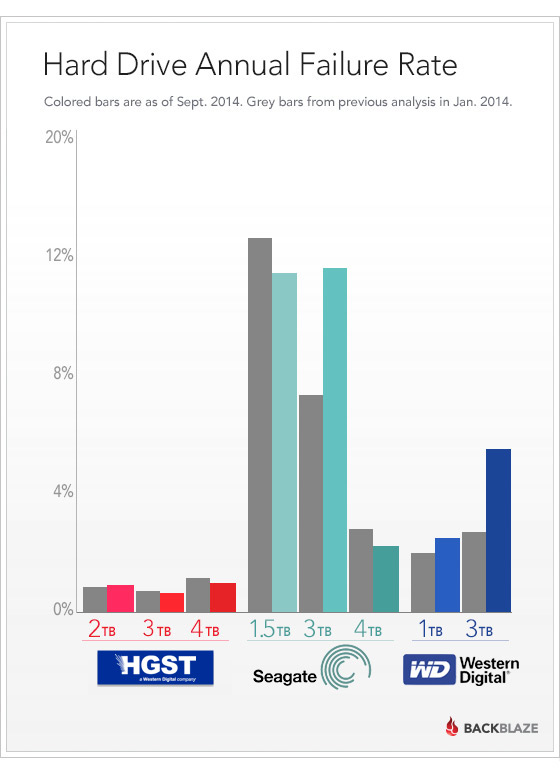Brand Loyalty
Americans are fascinated by brands. Brand loyalty is big especially when “status” is tied to a brand. When I was in high school back in the 80s, my friends (and I) would work diligently to save our paychecks to buy the “Guess” jeans, “Zodiac” shoes and “Ton Sur Ton” shirts because that was the “cool” look. I put in many hours of working the stockroom at the supermarket and delivering legal documents as a messenger. In 1989, Toyota and Nissan entered into the luxury branding as well with Lexus and Infinity respectively after the success of Honda’s upscale luxury performance brand, Acura which started in 1986. Aside from the marketing of brands, how much value (aside from the status) does a premium brand bring? Would I buy a $60,000 Korean Hyundai Genesis over the comparable BMW 5 Series?
For most consumers in the Enterprise Computing space, brand loyalty was a big thing. IBM and EMC lead the way in the datacenter for many years. The motto, “You’ll never get fired for buying IBM” was the perception. As you may have heard the saying, “Perception is Reality” rang true for many CTOs and CIOs. But with the economy ever tightening and IT as an “expense” line item for businesses, brand loyalty had to take a back seat. Technology startups with innovative and disruptive products paved the way to looking beyond the brand.
I recently read an article about hard drive reliability published by a cloud storage company called BackBlaze. The company is a major player in safeguarding user data and touts over 100 petabytes of data with over 34,880 disk drives utilized. That’s a lot of drives. With that many drives in production it is quite easy to track reliability of the drives by brand and that’s exactly what they did. The article can be found in the link below.
https://www.backblaze.com/blog/hard-drive-reliability-update-september-2014/
BackBlaze had done an earlier study back in January of 2014 and this article contained updated information on the brand reliability trends. Not surprising, but the reliability data remained relatively the same. What the article did pointed out was that the Seagate 3TB drives were failing more from 9% – 15% and the Western Digital 3TB drives jumped from 4%-7%.
Company or “branding” plays a role as well (at least with hard drives). Popular brands like Seagate and Western Digital paves the way. They own the low end hard drive space and sell lots of drives. Hitachi is more expensive and sells relatively less drives than Seagate. While Seagate and Western Digital may be more popular, the hard drive manufacturing / assembly and sourcing of the parts are an important part of the process. While some hard drive manufacturers market their products to the masses, some manufacturers market their products for the niche. The product manufacturing costs and processes will vary from vendor to vendor. Some vendors may cut costs by assembling drives where labor is cheapest or some may manufacture drives in unfavorable climate conditions. These are just some factors that come into play that can reduce the MTBF (Mean Time Before Failure) rating of a drive. While brand loyalty with hard drives may lean towards Seagate and Western Digital, popularity here does not always translate into reliability. I personally like Hitachi drives more as I have had better longevity with them over Seagate, Western Digital, Maxtor, IBM and Micropolis.
I remember using Seagate RLL hard drives in the 90s and yes with failed hard drives also, but to be fair, Seagate has been around for many years and I had many success stories as well. Kudos to Seagate as they have been able to weather all these years through economic hardships and manufacturing challenges from Typhoons and parts shortages while providing affordable storage. Even with higher failure rates, failures today are easily mitigated by RAID technology and with solid backups. So it really depends on what you are looking for in a drive.
Brand loyalty is a personal thing but make sure you know what you are buying besides just a name.
Thanks to BackBlaze for the interesting and insightful study.











